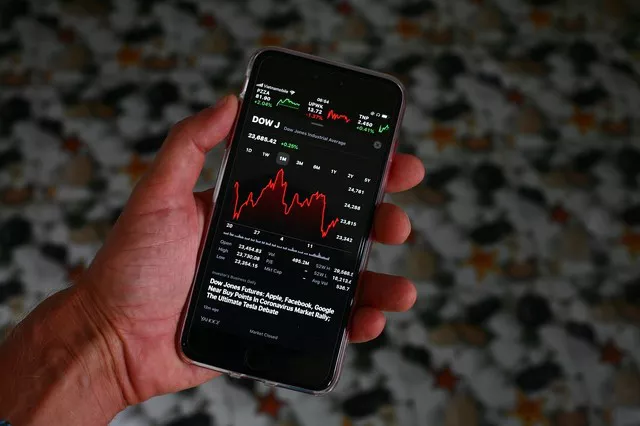Futures contracts are financial derivatives that obligate the buyer to purchase or the seller to sell an underlying asset at a predetermined price on a specified future date. Unlike stocks, futures trading involves leveraging, which means traders can control a large contract value with a relatively small initial margin deposit. This leverage amplifies both potential profits and losses, making futures trading a high-risk endeavor.
Minimum Account Requirements
While futures trading typically requires a significant amount of capital due to margin requirements, some brokers offer accounts with lower minimum deposit thresholds. However, these minimums can vary widely depending on the broker and the type of futures contracts traded. It’s essential for traders with small accounts to carefully research and compare brokerage options to find those that cater to their needs.
Risk Management
Effective risk management is crucial, especially when trading with a small account. Traders should use risk mitigation strategies such as setting stop-loss orders to limit potential losses and protect their capital. Additionally, diversification across multiple trades and asset classes can help spread risk and reduce exposure to any single position.
Brokerage Options
Several brokers offer low margin requirements and accommodate traders with small accounts. These brokers often provide access to a wide range of futures contracts, competitive pricing, and user-friendly trading platforms. However, traders should thoroughly research each broker’s reputation, regulatory compliance, and customer service quality before opening an account.
Potential Returns and Risks
While futures trading offers the potential for significant returns, it also comes with inherent risks. With a $200 account, traders should set realistic expectations and understand that they may experience both gains and losses. It’s essential to approach trading with discipline, patience, and a long-term perspective.
Educational Resources
Before diving into futures trading, individuals with small accounts should take advantage of educational resources to gain a solid understanding of the markets and trading strategies. Many brokers offer educational materials, webinars, and demo accounts where traders can practice without risking real money. Additionally, there are numerous online resources, books, and courses available to help beginners learn the fundamentals of futures trading.
Micro Futures
Micro futures contracts, introduced in recent years, offer smaller-sized contracts that may be more suitable for traders with limited capital. These contracts allow traders to participate in futures markets with reduced exposure and lower margin requirements. Micro futures contracts cover a variety of asset classes, including stock indices, commodities, and currencies.
Trading Simulation
For those new to futures trading, starting with a simulated trading account can be beneficial. Trading simulations allow individuals to practice executing trades, testing strategies, and familiarizing themselves with trading platforms without risking real money. This hands-on experience can help build confidence and develop trading skills before transitioning to live trading.
Success Stories
While trading futures with a $200 account presents challenges, it’s not impossible to achieve success. Many traders have started with small accounts and gradually built them up through disciplined trading, risk management, and continuous learning. Sharing success stories can inspire and motivate traders with small accounts to persevere and strive for their own trading goals.
Regulatory Considerations
Futures trading is regulated by government agencies such as the Commodity Futures Trading Commission (CFTC) in the United States, which oversees futures exchanges, brokers, and traders to ensure fair and orderly markets. Regulatory oversight provides traders with certain protections, such as segregation of client funds and transparency requirements for brokers.
Costs and Fees
Before trading futures with a small account, it’s essential to understand the costs involved. These may include commissions, exchange fees, and overnight financing charges. With a $200 account, traders should be mindful of transaction costs and their impact on overall profitability. Choosing a broker with competitive pricing and transparent fee structures can help minimize trading expenses.
Alternatives to Futures
For individuals with limited capital or those seeking alternative investment options, there are several alternatives to futures trading. Exchange-traded funds (ETFs) offer exposure to various asset classes, including stocks, bonds, and commodities, with lower capital requirements and less complexity than futures contracts. Additionally, investing in individual stocks or mutual funds may be suitable for those looking to build wealth over the long term without the high leverage and volatility associated with futures trading.
Conclusion
In conclusion, while trading futures with a $200 account presents significant challenges, it’s not impossible with careful planning, risk management, and perseverance. By understanding the basics of futures trading, leveraging educational resources, and exploring alternative investment options, traders with small accounts can embark on their trading journey with confidence and realistic expectations. However, it’s essential to approach trading with caution, discipline, and a long-term perspective to navigate the complexities of the futures markets successfully.


